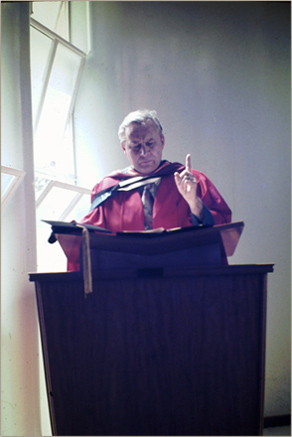Extract from God Saw That it was Good in Genesis 1 – To read the full text, click “Download” below.
The expression “God saw…that it was good” is found six times in Genesis one. First, re the first day of formation, at Genesis 1:4 — but not at all re the second day at Genesis 1:6-8. Second and third, re the third day of formation, at Genesis 1:10 and 1:12. Fourth, re the fourth day of formation, at Genesis 1:18. Fifth, re the fifth day of formation, at Genesis 1:21. Sixth, re the sixth day of formation, at Genesis 1:25. And finally, at the very end of the sixth day, we read that “God saw everything that He had made; and behold, it was very good.” Genesis 1:31.

